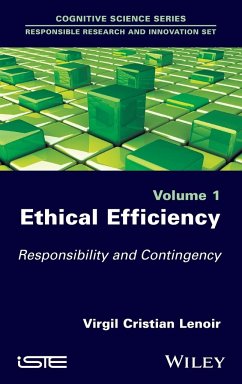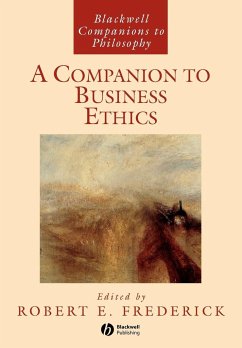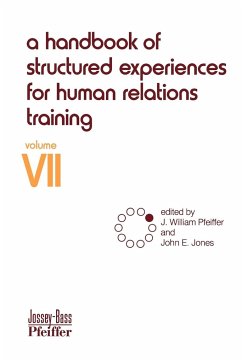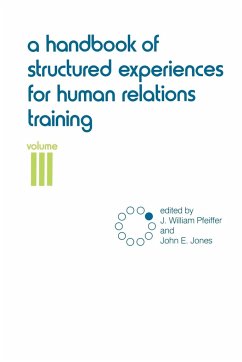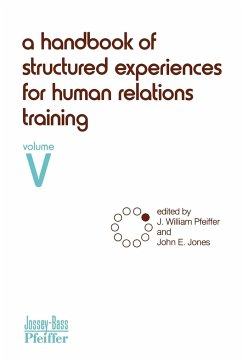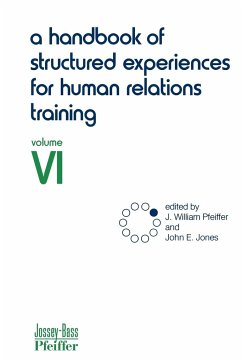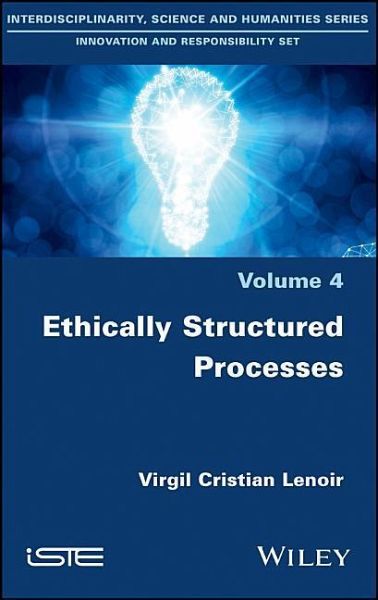
Ethically Structured Processes
Versandkostenfrei!
Versandfertig in über 4 Wochen
157,99 €
inkl. MwSt.
Weitere Ausgaben:

PAYBACK Punkte
79 °P sammeln!
Whilst research and innovation may allow for increasing efficiency in the pursuit of human ends, they also pose dangers, linked to the unpredictability of their development, which call for unprecedented responsibility. This book contends that the structure of a "process", in the sense of an efficient propensity in the possible that can be actualized by research and innovation, can be intrinsically ethical, that is, it can take into account and preserve the freedom of the actors concerned. This point is explored through a consideration of four processual ethical structures, each of which can co...
Whilst research and innovation may allow for increasing efficiency in the pursuit of human ends, they also pose dangers, linked to the unpredictability of their development, which call for unprecedented responsibility. This book contends that the structure of a "process", in the sense of an efficient propensity in the possible that can be actualized by research and innovation, can be intrinsically ethical, that is, it can take into account and preserve the freedom of the actors concerned. This point is explored through a consideration of four processual ethical structures, each of which can constitute a point of reference for the exercise of a responsibility. Ethically Structured Processes questions dualities that are very firmly established in the West, such as "theoretical/practical" and "descriptive/prescriptive", through a detour into historical Chinese traditions of thought. The generality of the thesis concerning ethical processes is tested, in a privileged way, on the case of the "Invisible Hand". Is this notion based on a philosophically and ethically consistent concept of "freedom"?




